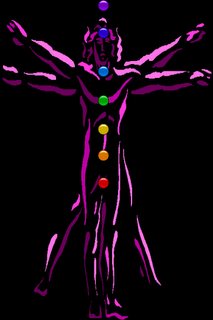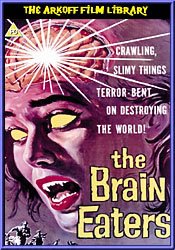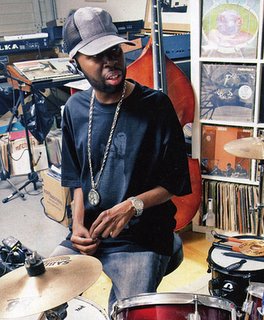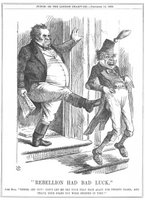
Almost every week it seems, I am out in the field, all over the country, and asking how Christianity is faring in whatever region I happen to be in. This is how it stacks up in many places: the mega-churches, almost all of them Pentecostal and offering mostly rock ‘n roll concerts on Sunday mornings, are doing well, but they have tapered off. They are almost all down about 10% or so from a few years ago. The mainline churches are about a third to a quarter full in most places, with some holding their own at 50 to 60% capacity. Our own Episcopal Church is generally failing to attract younger families. This is partly because families with small children are reluctant to entrust their children’s spiritual formation to our denomination, given the current reputation we have. (People usually don’t say this in so many words, but they are voting with their feet; and many old-line Episcopalians are telling me that their grown children are now attending PCA and other conservative churches.)
The other big thing to note is the mall-culture of our life. Everywhere I travel, there are new and bigger malls. I saw one off Route 95 in Florida yesterday, which is a new “destination” mall. It must have been the size of Altoona, Pennsylvania – all stuck in what was very recently a cow pasture. It was Sunday afternoon and the parking lot – more or less in the middle of nowhere – was jampacked, the entry ramps all bumper to bumper. Now these are mostly church-going people, or in that “catchment,” but they are being drawn in vast numbers to new malls everywhere. I think it is fair to say that the biggest competition we are facing, as committed Christians, is the tractor-beam of “shop till you drop.” It is all so empty – an easy target for any serious competitive ideology.
I feel the phrase “empty bromides” provides a clue to the Christian churches’ stalling. For we have stalled, in almost all sectors. Not fallen radically down yet, but stalled.
The preaching in most of these churches, from left to right, is not making contact with the felt needs of people. At least if numbers are any indication. This is because most ministers are speaking from the pulpit as if they are addressing an “in house” group of people who simply need to be motivated to get off their duff and go out there and win disciples. That is not the way to go about it. We need to realize that the people who still come to us Sunday mornings are not a team that needs a cheerleader, but rather a wounded group of sufferers who need to hear the re-animating Word of comfort in God’s Grace and forgiveness.
I noticed this yesterday in a wonderful parish church. I just talked about how it is that people are able to recover from terrible discouragements: They don’t need guilt to motivate them, or cheerleading. They need Love. They need, pure and simple, the strengthening Word that Christ is with them at their point of need. People seemed to line up afterwards. “That was for me”, they said. “You were speaking about my son, my mother, my former spouse…” They don’t need Tony Robbins. They need a Comforter and a Savior.
We are treating congregations as if they are a football squad to be readied for the second half. There is no Balm in Gilead there. No wonder the people who still come are discouraged and so many of our churches are not growing. I almost wonder whether the preachers themselves are in touch with their own need. Can a preacher who tries to exhort his hearers into action really be holding any wisdom about his own problems? We surely are, each of us in public ministry, just sinners and needy weak vessels like everyone else. But that does not seem to be coming through.
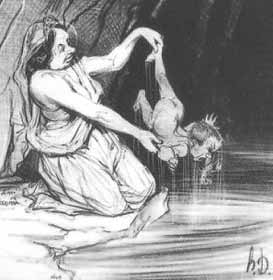
“Empty bromides”! And Ferrigno’s book – and note its timeliness in reference to real events that are happening right now, the “cartoons” controversy, which just took 15 lives in Nigeria over the weekend, and the burning of Christian churches, and the dire life-threatening attack on Bishop Ben Kwashi’s family – names it. With the unbeatable pull of the mall (barring a stronger pull from the Rock of Ages, or the Holy Qu’ran, for that matter), Christian churches that offer little of weight and deep comfort to their listeners will go under, slowly. The people won’t come. The people are not coming.
Preachers, dear colleagues, and those who believe in preachers: Look to yourselves, look to your own Achilles heels and your own points of need. Then you can speak with feeling and connection to the enervated selves who are looking up to you, in arithmetically decreasing numbers, on Sunday mornings.
Love,
PZ











 "Lady D"
"Lady D"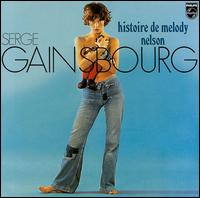

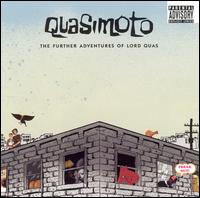


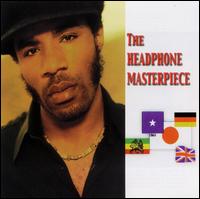
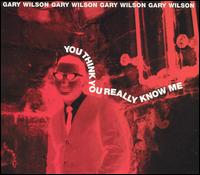

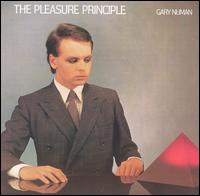




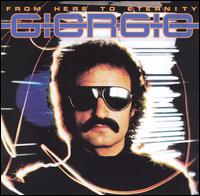
 Click Me to Enlarge Cartoon
Click Me to Enlarge Cartoon


